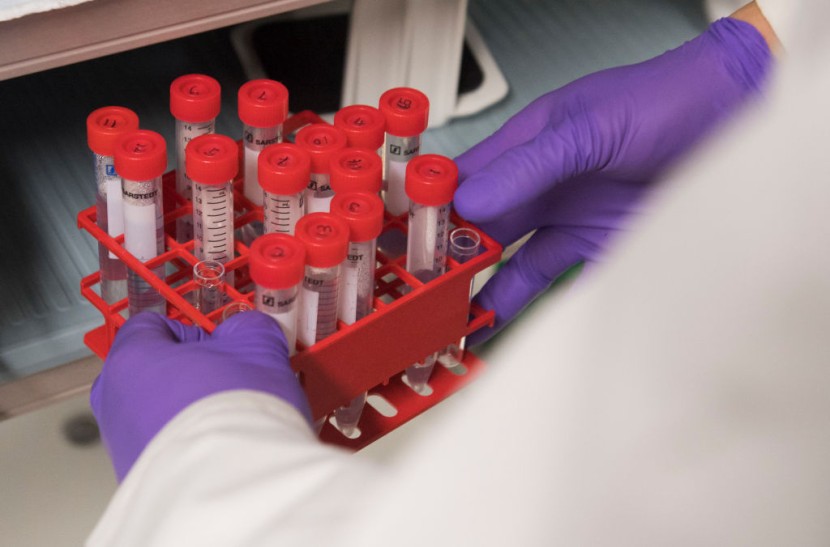
One drug experiment involving a small group of patients with cancer achieved the breakthrough of eradicating the disease in all the participants.
According to a New York Post report, the research published in the New England Journal of Medicine stated the latest test was performed on 18 rectal cancer patients at Memorial Sloan Kettering (MSK) Cancer Center in Manhattan and had a 100% success rate.
Dr. Luis A. Diaz Jr., one author of the research, believes that the result is the first time in the history of cancer.
Dostarlimab was the medication given to each patient once every three weeks for six months.
Participants in the trial had rectal cancer and were offered treatment options such as chemotherapy or a complicated procedure that could cause bowel or urine problems. Some patients were obliged to use a colostomy bag during their treatment.
The patients were spared the anguish of possibly harmful therapy after the medication study when an MRI, rectal examination, and biopsy revealed no trace of a tumor.
There were no cases of cancer recurrence in the patients during follow-up sessions from six to 25 months after the experiment ended. Moreover, they did not require additional therapy to eradicate the disease.
Patients Avoided Surgery and Side Effects
Patients with these kinds of rectal tumors typically undergo chemotherapy and radiation therapy before having the tumor surgically removed. Unfortunately, for many patients, this wide range of therapy has long-term repercussions that can last a lifetime.
Dr. Andrea Cercek, MSK medical oncologist and first author of the study, said: "The standard treatment for rectal cancer with surgery, radiation, and chemotherapy can be particularly hard on people because of the location of the tumor."
Surprisingly, the participating cancer patients evaded both surgeries and their related side effects, per a report from Science Alert.
Read Also: Elon Musk Warns of Population Collapse Once Again as China Takes Big Steps to Solve Problem
All patients in the trial demonstrated a "clinical complete response" after six months of follow-up, with no sign of tumors visible via MRI scans, PET scans, endoscopy, and biopsy, among other procedures.
The research for the cancer cure is still ongoing, and these are simply preliminary findings. It is being financed by various organizations, including GlaxoSmithKline, which manufactures Jemperli, an anti-cancer drug.
Treatment is Promising But Further Studies Needed
In an editorial, Dr. Hanna Sanoff, an oncologist at the Lineberger Comprehensive Cancer Center at the University of North Carolina, stated that the results indicate a possible "early glimpse of a revolutionary treatment shift."
She also mentioned that such a method "cannot yet supplant our current curative treatment approach" but the results bring "great optimism" in developing a cancer cure.
Dr. Sanoff added that it is uncertain if the MSK study will be "generalizable to a broader of patients with rectal cancer."
"In order to provide more information regarding which patients might benefit from immunotherapy, subsequent trials should aim for heterogeneity in age, coexisting conditions, and tumor bulk", she suggested.
According to the MSK researchers, the clinical trial is still enrolling more participants. Euronews reported that they are also looking at individuals with gastric (stomach), prostate, and pancreatic cancers to determine if the same treatment can help them defeat other tumors.
Related Article : Washington Reports First Possible Monkeypox Case as Experts Suspect Virus Spreading Undetected
© 2025 HNGN, All rights reserved. Do not reproduce without permission.








